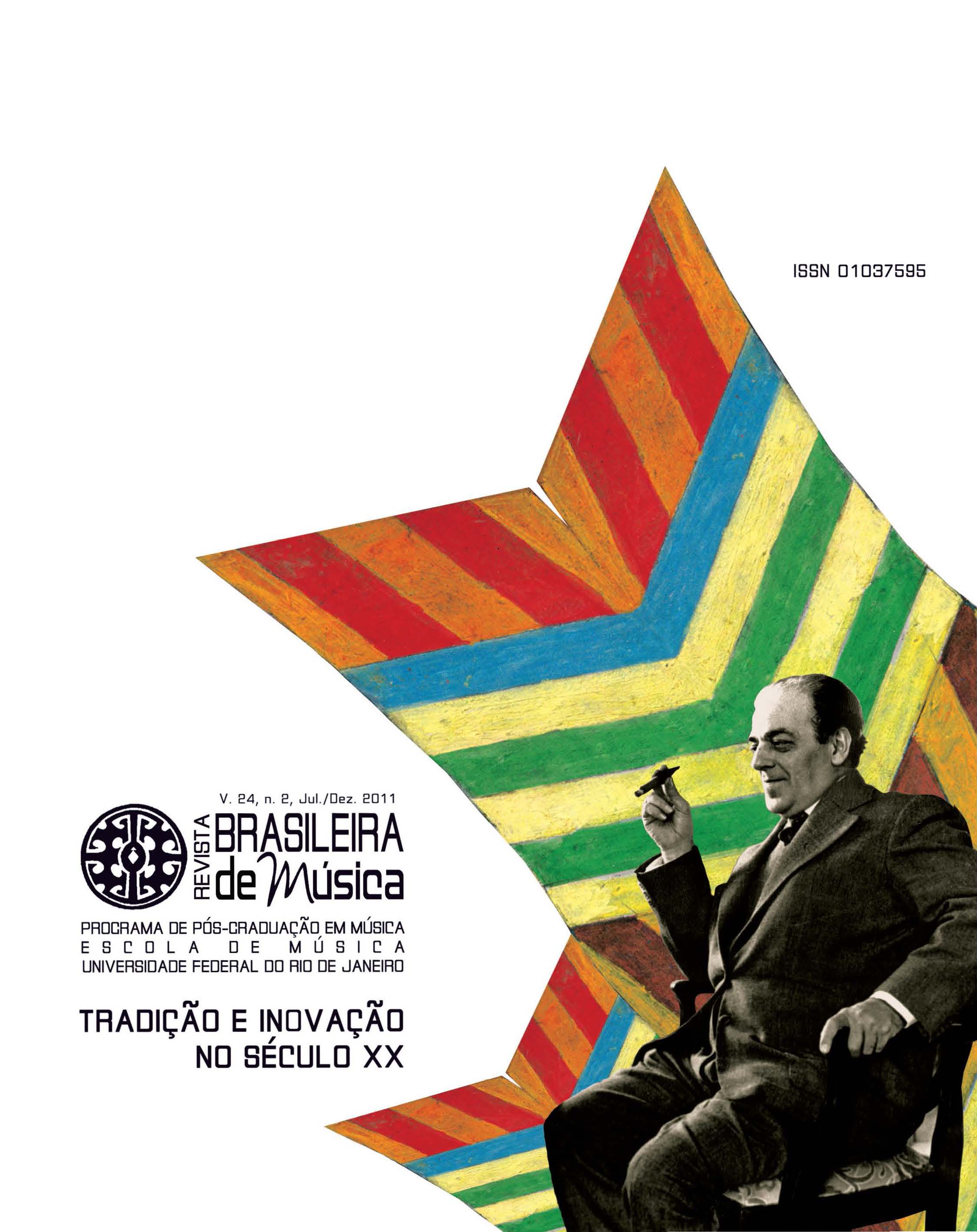From polymodal chromaticism to symmetrical pitch construction in the musical language of Villa-Lobos

Resumen
The intention in this essay is to show how the transformation of folk modalities into more abstract modernistic pitch constructions is reflected in the music of Brazilian composer Heitor Villa-Lobos. The larger trend toward modal transformation and the establishment of a new harmonic language in the early twentieth century is exemplified in a study of his Choros No. 10 (1926). Composers of various national backgrounds commonly derived symmetrical pitch constructions from the pentatonic and modal materials of their folk-music sources, the varied types of pitch collections in their works ranging from the pentatonic and modal constructions of folk music to the more abstract modernistic sonorities of polymodal combination as well as whole-tone, octatonic, and various hybrid combinations derived from them. In Choros No. 10, while polymodal chromatic constructions are transformed from octatonic to pentatonic structural blocks as the basis of a new concept of tonality and progression, the interactions of these sonorities within the larger rhythmic-timbral context of the work contribute to the composer’s intended general evocation of various natural qualities of Brazil.Palabras clave
20th century, Brazilian music, Modernism, Heitor Villa-Lobos, musical analysis